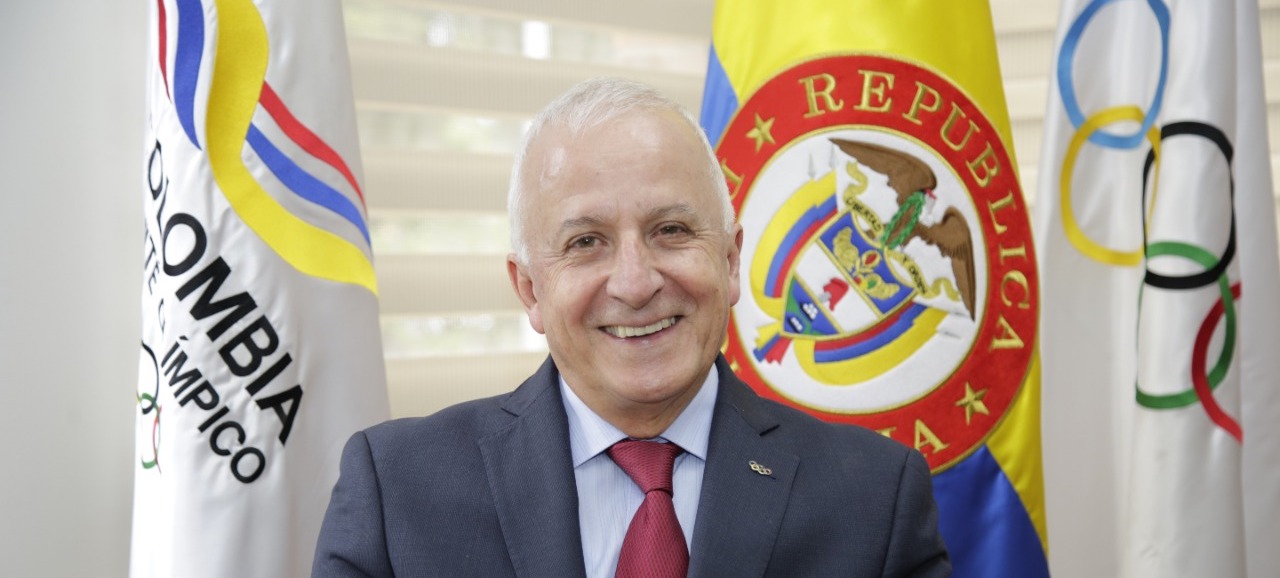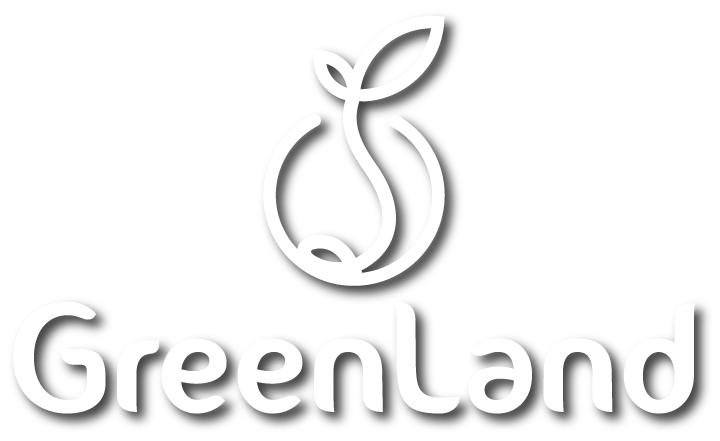
Sports – A Contribution to the Overall Development of Human Beings
Conversation with Baltazar Medina, Specialist in Sports Management
Historically, sports have been present in the lives of human beings but it was not until the first Olympics (1896) when the so-called modern society began to recognize it as a powerful factor for social, economic, and cultural development, and paramount to social integration and inclusion.
To better understand the social role of sports and their invaluable function for human development, we spoke with Baltazar Medina, a specialist in Sports Management, who chaired the Colombian Olympic Committee for twelve years.
GL: What’s the role of sports in human development?
BM: No other discipline contributes so much to training and educating children and young adults in key values as sports does, which, through practice, prepares them to be part of a society that is so demanding.
Every value learned in the sports setting (desire to excel, healthy competition, balanced management of emotions, respect for rules and for adversaries) applies to every activity and moment in which humans develop, which is precisely the biggest contribution sports make to our overall formation from the earliest stage.
GL: How do sports promote the creation of a protective setting?
BM: In addition to being great for properly using our free time, sports are a setting in which children and young adults train and educate, keeping them away from temptations that may hinder this favorable social setting.
Hence, it’s very important to pay special attention to the interests that lead children or young adults to practice a certain sport, in order to guide and align them with the targets that impact their personal development and not merely for leisure.
GL: What is the role of sports in social welfare?
BM: The social role of sports is of great importance and measured by the way they contribute to the personal development of children and young adults that practice them giving them physical and psychological benefits. Indeed, sports lead them to find a means to build their life project. Besides, sports attract the largest number of people without any consideration and enhance social networks.
GL: Could you say that sports significantly promote the development of communities and nations?
BM: Absolutely. We have seen sports provide benefits and major advantages to those who practice them alongside the transformation of society itself. It’s also important to recognize other contributions of sports such as the economic ones since this discipline creates many jobs and drives the demand for a good number of goods and services required to practice them.
GL: How can sports help decrease poverty?
BM: Sports provide young adults the chance to build their life projects due to the number of opportunities they offer to study, be seen and have the chance of solving socioeconomic issues.
Most athletes who are the pride of the nation and with a poor background, improved their living conditions thanks to sports, so it’s not an exaggeration to say that this discipline can become an economic means for many young adults in vulnerable situations.
GL: Why should companies work to promote sports?
BM: Public-private alliances have been pivotal for the country’s sports development. In this regard, the contribution made by the banana industry is worth underscoring, represented by companies such as Greenland in the Uraba region.
This was born in the late 1980s and early 1990 when the region’s Athletics School was opened thanks to the contribution made by the banana industry, which later drove the creation of the Sports Development Center. Great athletes such as Caterine Ibargüen and Mauricio Ortega, among many others, are worth mentioning, whose international success was forged in these centers.
My invitation to the private sector of Colombia is always to enhance their promotion of sports from the earliest stage. What foundations such as the GreenLand-FGL do is an example worth highlighting since they are committed to the most important factor: to the initiation, training, and development of sports among children and Young adults in the area of influence of the Greenland Business Group, which has had an impact on the social development of communities in the regions where it operates.





